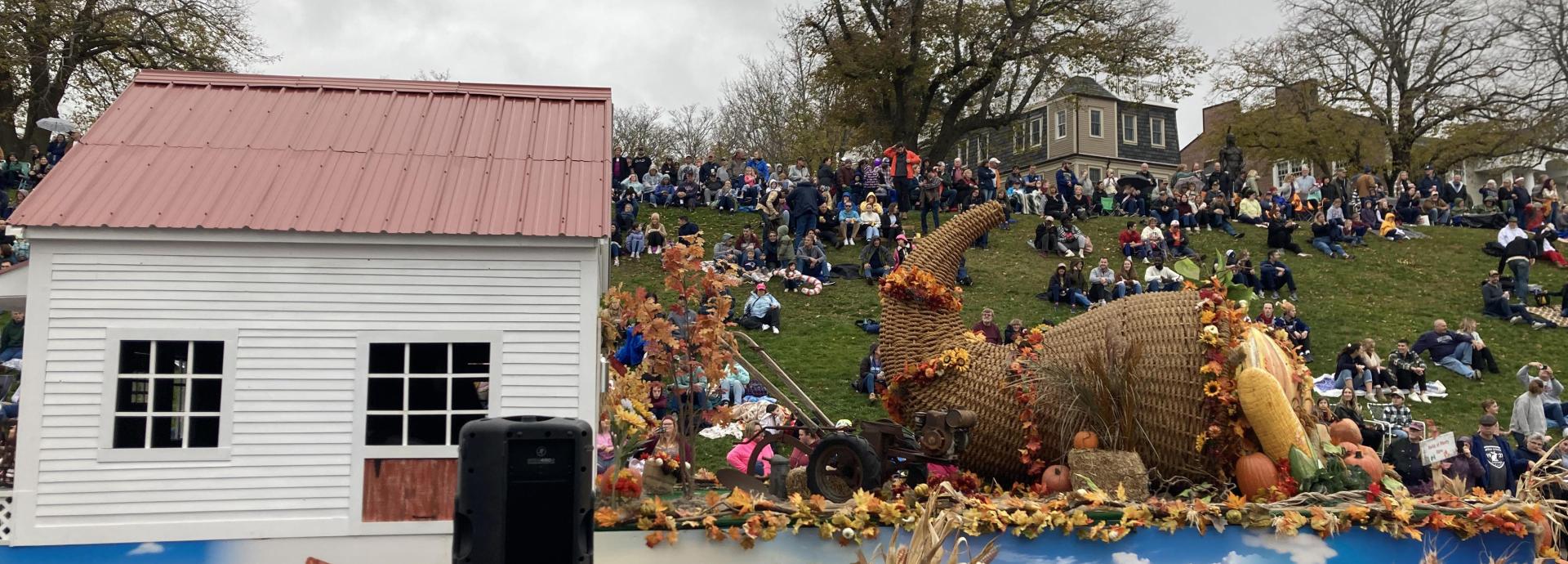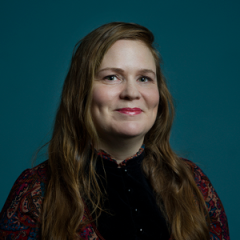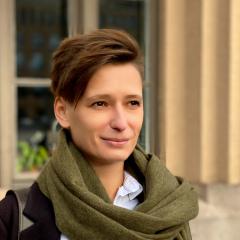

I just came back to Finland after working last semester in Harvard University. It was wonderful to focus on academic work, but social encounters and learning outside academia were equally important experiences.
Harvard's work-oriented atmosphere and numerous events ensured that my working days were usually long. Restorative activities in leisure time therefore played a particularly important role in terms of well-being.
One of the many good things about the Boston area is the opportunity to participate in joint enrichment activities with other Fulbright scholars from all around the world. Harvard University is only one of the options for a visit in the area; there are over sixty colleges and universities in metropolitan Boston to choose from, which is why the activities were attended by many visiting scholars. The activities in the region are planned by WorldBoston, an independent, nonprofit, nonpartisan organization that fosters engagement in international affairs and cooperation with peoples of all nations.
Although the activities were meant to be fun and entertaining, they also taught important lessons about local culture. As an example of activities, I would like to mention the opportunity to learn about a major American holiday tradition, Thanksgiving, which is a time to enjoy dishes that Europeans and Native Americans are said to have eaten together. Together with other Fulbrighters in the region, I went to watch the Thanksgiving Day Parade in Plymouth. The parade, showcasing the whole history of the United States since the Pilgrims landed in Plymouth in 1620, was broadcasted across the country.
The following week, we heard an alternative view of Thanksgiving when Steven Peters of the Mashpee Wampanoag tribe told us about the National Day of Mourning. Peters reminded us that history did not begin in 1620. To the Wampanoags, a people residing in Massachusetts long before the Pilgrims, the arrival of the Europeans was a tragedy, leading to disastrous death rates due to new diseases, and loss of land to the newcomers.
Learning about the colonial past was just one theme I learned about during my time in Massachusetts; I also heard about segregation in Boston in one of the enrichment events that was organized in Roxbury, the heart of black culture in the region.
While themes such as colonialism or segregation are not entirely unfamiliar to Finns who follow the news about the United States, my views would have remained more distant without the activities. I probably would not have visited Roxbury, an area with a comparatively high crime rate and described by many as a less prosperous neighborhood. Nor would I have heard of the Wampanoags’ current attitude to Thanksgiving.
Throughout the fall, the atmosphere at Harvard University was tense over the situation in Gaza. The political pressure was considerable. Following from Finland, the Harvard crisis might have seemed difficult to understand. Experiencing up-close and listening to different perspectives can teach us why social grievances are so difficult to solve, and why they are so difficult to even talk about.

